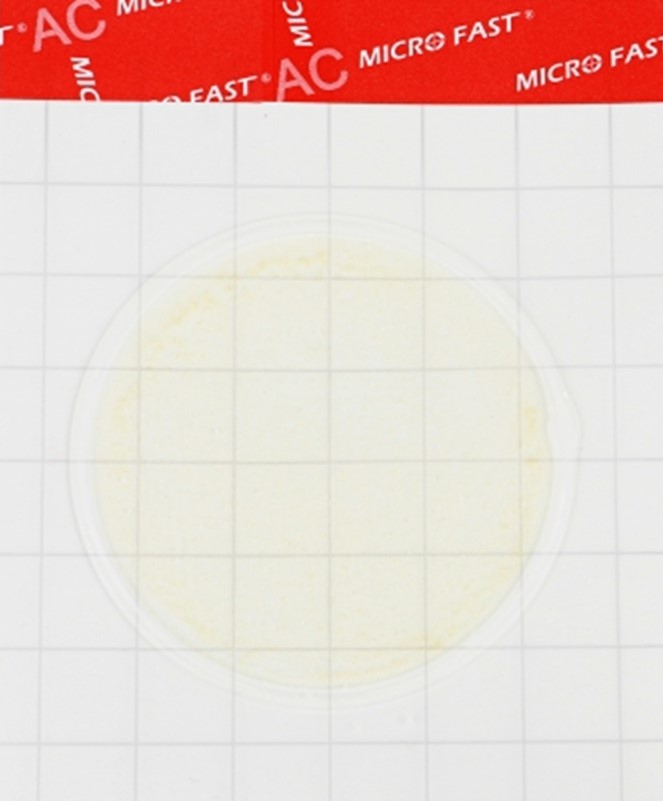Bloomberg Learns Details of New Russian Oil Price Cap Regime

Initiative on a “flexible” price ceiling for Russianoil , which is being considered by EU member states , assumes its automatic revision every three months depending on the market price. This is reported byBLOOMBERG with reference to sources.
The price ceiling currently stands at $60 a barrel. The proposal under consideration would set the cap at 15% below market prices, based on a 10-week average, the people said.
According to this approach, the ceiling is initially intended to be reduced to approximately $50 per barrel.
At the moment, the Mediterranean countries – Greece, Malta and Cyprus – are against lowering the price ceiling: they are not ready to support lowering the limit without the consent of all the G7 countries. According to Bloomberg, the United States is against updating the price ceiling. In general, Slovakia is against the 18th package of sanctions, which is planned to include a change in the limit: Bratislava is seeking concessions from the EU leadership regarding the gradual refusal of Russian gas.
The European Commission 's intention to propose to EU member states to introduce a "flexible" price ceiling for Russian oil was previously reported byREUTERS , citing European diplomats, confirmed that an automated ceiling determination regime was discussed.
The agency noted that discussions about the limits intensified against the backdrop of market fluctuations caused by the June conflict between Israel and Iran: the $60 level, as noted, became irrelevant. For a while, world oil prices rose to $80 per barrel, and then fell again.
The G7 countries introduced a price ceiling on Russian oil in December 2022. In February 2023, restrictions on petroleum products came into effect: $100 per barrel for diesel fuel (since it is sold at a premium compared to crude oil) and $45 per barrel for fuel oil, which is sold at a discount.
Russia has retaliated by banning oil and oil product exports under contracts subject to the oil price ceiling.
Russia considers Western sanctions illegal and demands that they be lifted. Lowering the price ceiling to $45 per barrel is not beneficial to the European Union itself, and the price ceiling does not affect the export of Russian resources, said Deputy Prime Minister Alexander Novak.
ReadPIONERPRODUKT .by inTELEGRAM .




























































